Valentine’s Day Chemistry Puns and Poems
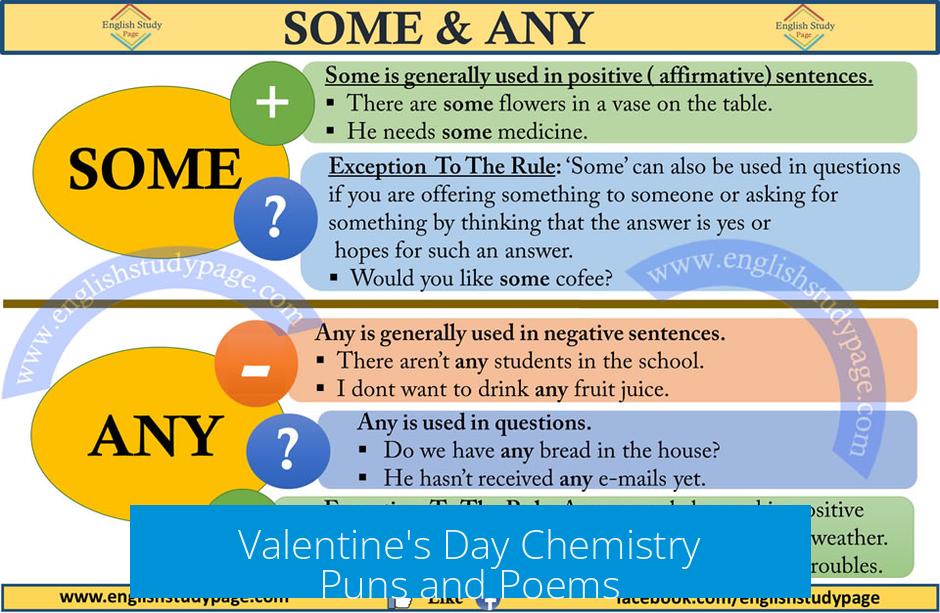
Chemistry and Valentine’s Day combine to create clever, playful puns and poems that use chemical concepts to express affection. These chemistry puns are ideal for card messages or light conversation among science enthusiasts. They creatively embed scientific terms into romantic contexts.
Clever Chemistry Puns for Valentines
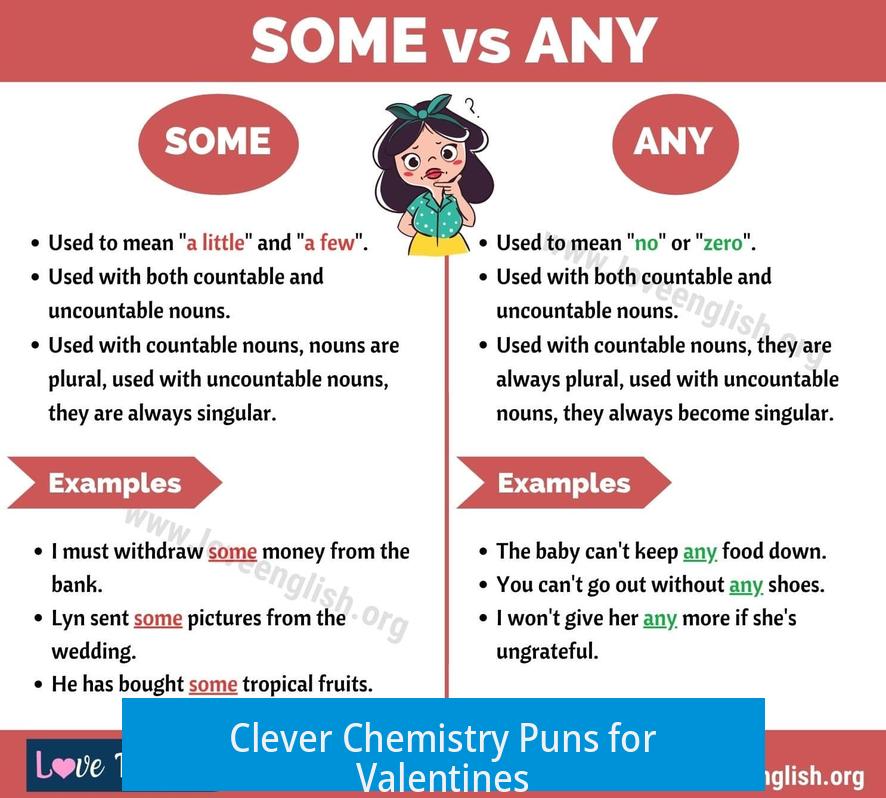
- Precipitation Pun: “Did it hurt when you precipitated out of solution?” This joke plays on the chemical process of precipitation and romantic impact.
- Distillation Humor: “I’d like to pack your distillation column. With beads.” This merges the idea of packing columns in chemical separation with flirtatious intent.
- Molecular Shape Pun: “So … chair formation … or boat?” Refers to conformations of cyclohexane, turning molecular shape questions into flirtatious choices.
- Directional Wordplay (German Terms): “So are we entgegen or zusammen tonight? Twist my arm.” It uses German for “against” (entgegen) and “together” (zusammen) to frame romantic direction playfully.
- Name and Smell Wordplay (Esther/Ether): A short dialogue:
“Is your name Esther? Because you smell so good.” “No. Is your name Ether? Because you’re putting me to sleep.” “Ether isn’t a name.” “You’re right. It isn’t. But arsole is.”
- Electron Delocalization Pun: “How about you come back to my place and we delocalize a few pi electrons. I’m hoping for a conjugal visit.” This humor explores pi-electron conjugation in molecules as a flirtatious invitation.
- Cubane Metaphor: “I like to think of you as my cubane.” “How so?” “Because you’re unexpectedly stable.” Cubane is a unique, strained but surprisingly stable molecule, used here to praise someone.
- Acetone Pun: “Are you CH3CHO (acetone)? Cause that ass is toned.” This combines chemical nomenclature with a compliment on physical appearance.
Using Chemistry Puns Effectively
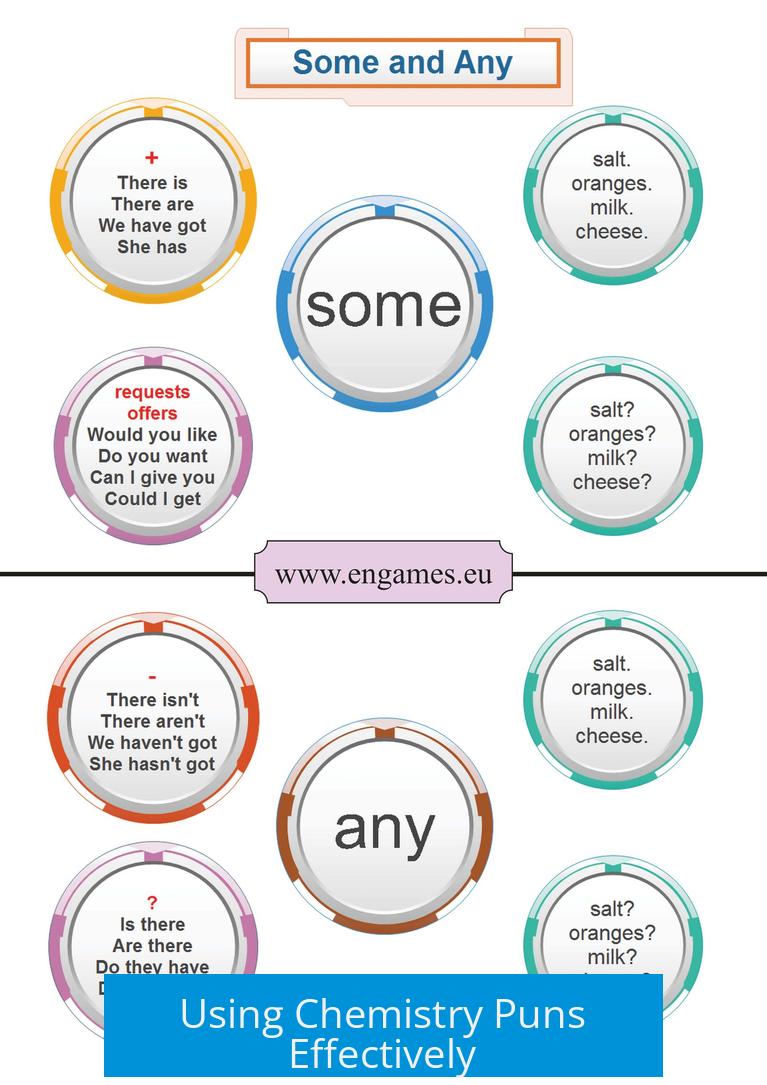
Chemistry puns fit well in Valentine’s cards, text messages, or social media posts. They appeal to people with a science background and add humor to romantic exchanges. Many such puns are found in curated card collections online, for example, this selection features several chemistry-themed Valentine cards.
Summary of Key Points
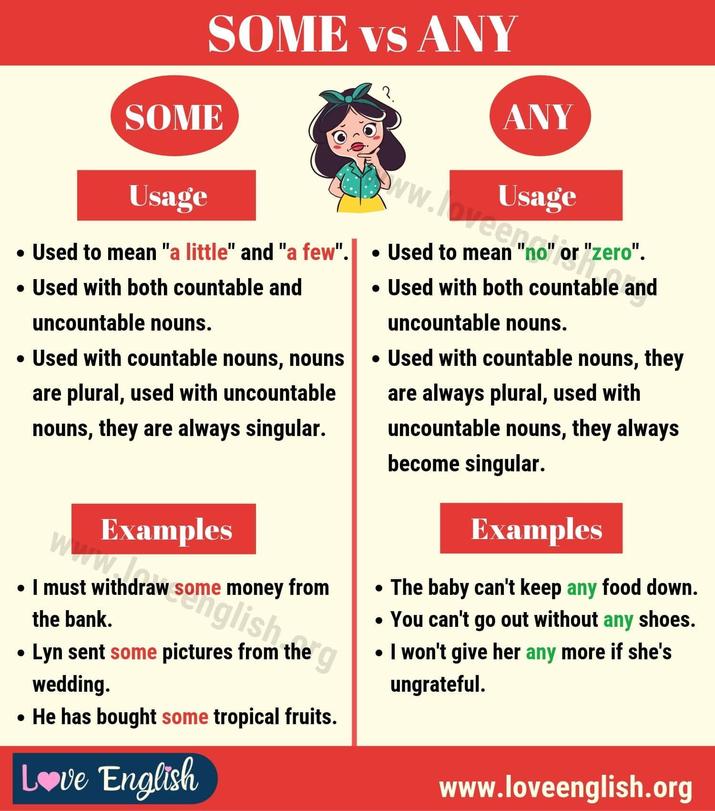
- Chemistry puns use scientific terminology to create humorous, romantic lines.
- Common themes include precipitation, molecular shapes, electron delocalization, and chemical compounds.
- Wordplay often mixes chemical jargon with emotional or sensory terms.
- These puns work well for cards or social media among science enthusiasts.
- Online collections provide ready-to-use chemistry Valentine’s Day cards.
What are Some Valentines Day Chemistry Puns or Poems?
When it comes to Valentine’s Day chemistry puns or poems, clever wordplay wraps scientific terms with a romantic twist. These jokes and lines don’t just tickle the funny bone; they spark interest and lighten up love notes for anyone who’s enamored with the elements, molecules, or the quirky world of chemistry. Whether you’re a chemistry buff or just someone who appreciates a good pun, these Valentine’s chemistry gems will make you smile and maybe even inspire your own love potions.
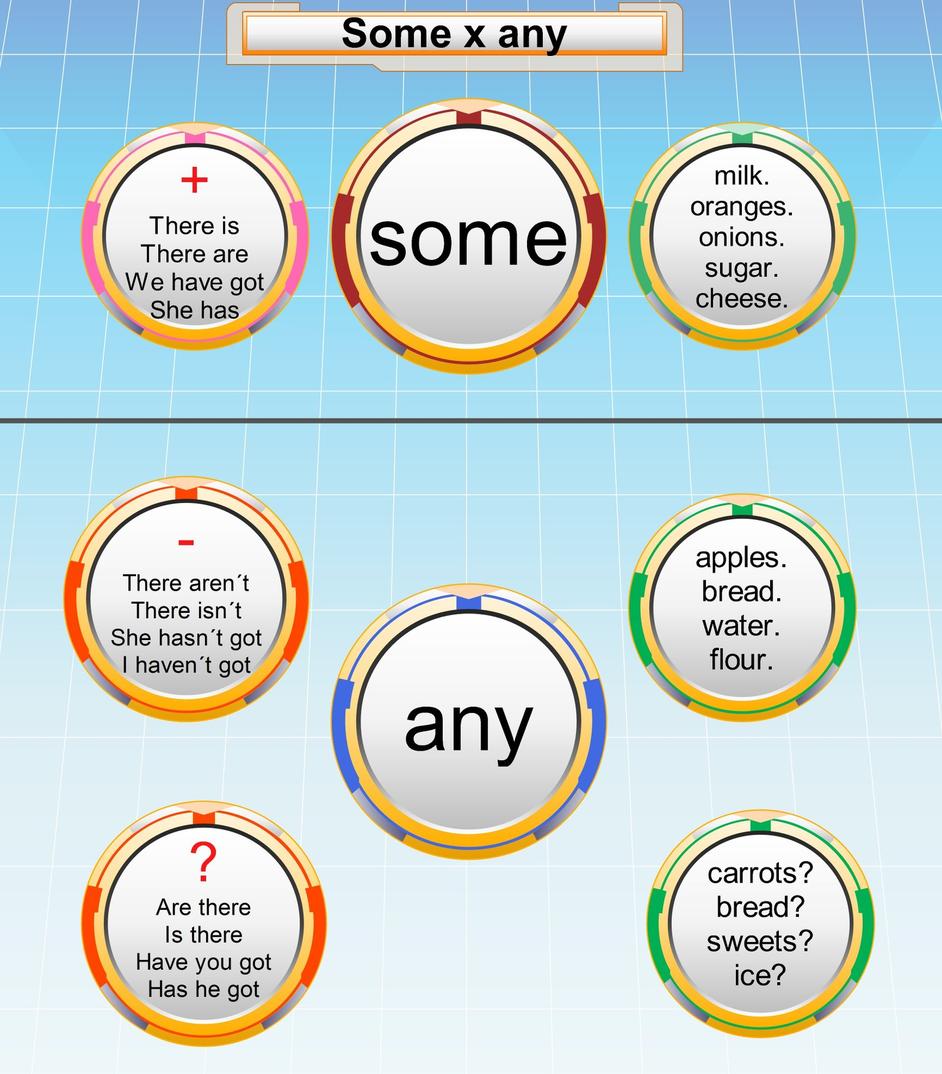
Love is in the air—and in the lab! So let’s explore a few standout valentine-themed chemistry puns and poems. These are not your typical “roses are red” clichés. They blend science, humor, and affection into perfect petri dishes of romance.
Chemistry Puns Related to Valentines Day
First up is a classic precipitation pun:
“Did it hurt when you precipitated out of solution?”
This pun plays on precipitation, the process where a solid forms from a solution. Imagine telling your simplified love tale as “falling out of solution,” which sounds sort of like falling for someone—a bit clumsy but adorable.
Next, for those who enjoy talking equipment as much as equations, here’s one that brings distillation into the mix:
“I’d like to pack your distillation column. With beads.”
The joke thrives on the double meaning. Distillation columns are packed with small glass beads to improve separation efficiency. Here, the beads cheekily hint at a playful and flirtatious touch.
Which molecular shape are you into? Chair, or boat? This classic structure joke offers a fun chemistry-meets-date question:
“So … chair formation … or boat?”
In organic chemistry, cyclohexane rings can adopt these two shapes. It’s a charming way to ask someone about their preferences—and to see if they share your knowledge on ring conformations.
Some puns are more linguistic and come with a dash of German flair:
“So are we entgegen or zusammen tonight?”
“Entgegen” and “zusammen” mean “opposite” and “together” in German. This pun teases if you’re spending the night on opposite ends or cozy and close. Followed by a classic:
“Twist my arm.”
Great for subtle nods to molecular torsions in bonds, but with a suggestive edge.
Wordplay on chemical names gets personal and even a bit risqué:
“Is your name Esther? Because you smell so good.” “No. Is your name Ether? Because you’re putting me to sleep.” “Ether isn’t a name.” “You’re right. It isn’t. But arsole is.”
This one’s an inside joke among chemists, balancing charm with a sly nudge at chemical names that sound like ordinary words—or insults.
Electrons, Stability, and Other Chemistry Valentines
There’s more where that came from. Imagine inviting someone to your place for a little electron delocalization:
“How about you come back to my place and we delocalize a few pi electrons? I’m hoping for a conjugal visit.” “What we have here is a nonbonding pair.”
This combines the concept of resonance and conjugation in organic molecules with a cheeky romantic invitation. The punchline about the “nonbonding pair” can refer to an innocent or cheeky rebuff—or a playful interaction.
Another fun metaphor draped in structural chemistry comes from talking about cubane:
“I like to think of you as my cubane.” “How so?” “Because you’re unexpectedly stable.”
Cubane is a highly strained cubic hydrocarbon, but it exhibits surprising stability. The comparison is flattering—a compliment wrapped in molecular lingo.
And finally, a line for those who admire physical appeal:
“Are you CH3CHO (that’s acetone, right)? Cause that ass is toned.”
It’s simple, playful, and perfect for a cheeky Valentine’s Day card to your lab partner or chemistry crush.
Why Use Chemistry Puns for Valentines?
For many people, standard Valentine’s greetings feel a little tired—especially if you’re passionate about science. Chemistry puns add originality, humor, and a touch of intellectual charm. They break the ice, often spark laughter, and can even prompt interesting conversations.
Plus, chemistry puns show you’ve put thought into merging interests, making the message personal. Have you noticed how these can also serve as great icebreakers on forums or subreddits devoted to science humor? I’ve seen folks share chemistry valentines on social platforms, which usually gain many upvotes and smiles.
Want More? Try These Resources
If you’re hunting for more creative, quirky chemistry valentines, there’s a neat collection on Redbubble featuring these types of pun-filled cards. They’re perfect to order for that friend who loves science or for your secret Valentine in the lab.
Creating Your Own Chemistry Valentines
Feeling inspired? Craft your own valentine by combining scientific terms with romantic twists. For instance, pick a chemical reaction or functional group you find interesting. Turn it around with a phrase that suggests togetherness, attraction, or fall in love.
Example: “You and I have better bonding than a covalent pair.”
Don’t worry if you aren’t a chemistry whiz: a quick search can awaken your pun senses. Pair humor with heart, and you’ll score brownie points with any chemist or science lover.
Final Thought: What’s Your Favorite Chemistry Valentine?
So, which pun or poem tickles your fascination? Are you team “chair formation” or “boat formation”? Maybe your heart belongs in a “conjugal visit” with pi electrons? Or does the idea of a stable cubane partner resonate with your quirky sense of love?
Chemistry valentines delight because they transform jargon into affection. Next Valentine’s Day, share one of these puns or try writing your own. After all, love, like chemistry, is all about the right reactions.
What is a funny chemistry pun related to precipitates for Valentine’s Day?
“Did it hurt when you precipitated out of solution?” is a clever pun linking precipitation with a playful pickup line.
Can you share a chemistry pun involving molecular shapes for Valentine’s Day?
One pun goes: “So … chair formation … or boat?” referencing common molecular conformations with a fun twist for couples.
Are there Valentine’s Day chemistry puns using German directional words?
Yes. For example, “So are we entgegen or zusammen tonight? Twist my arm.” Combining chemistry and German terms adds a unique spin.
What is a chemistry pun involving pi electrons for Valentine’s?
Try this: “How about you come back to my place and we delocalize a few pi electrons. I’m hoping for a conjugal visit.” It plays with electron bonding language romantically.
Is there a chemistry Valentine’s pun on molecule stability?
Yes. “I like to think of you as my cubane because you’re unexpectedly stable.” It uses cubane’s unusual stability as a compliment.


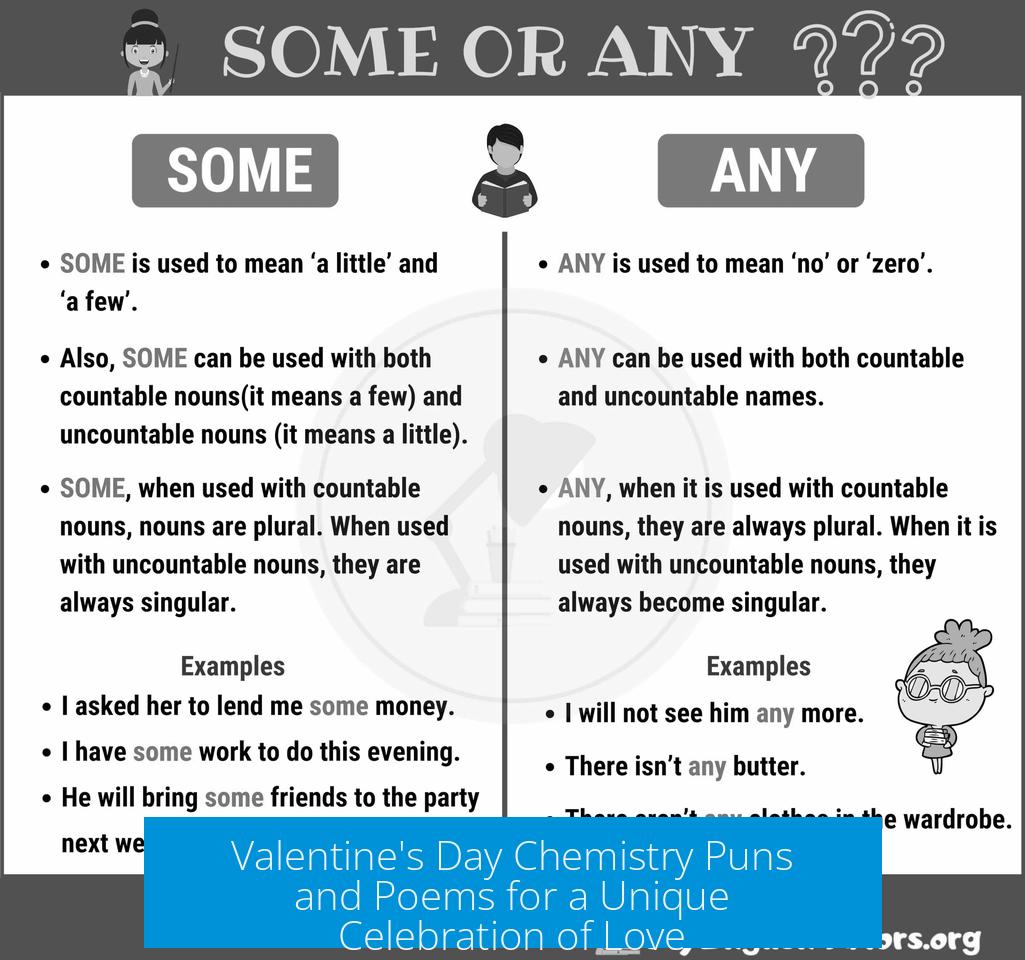
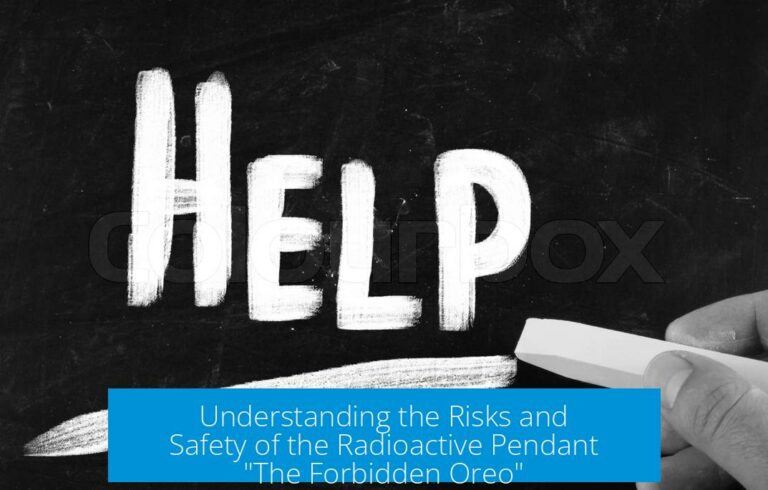
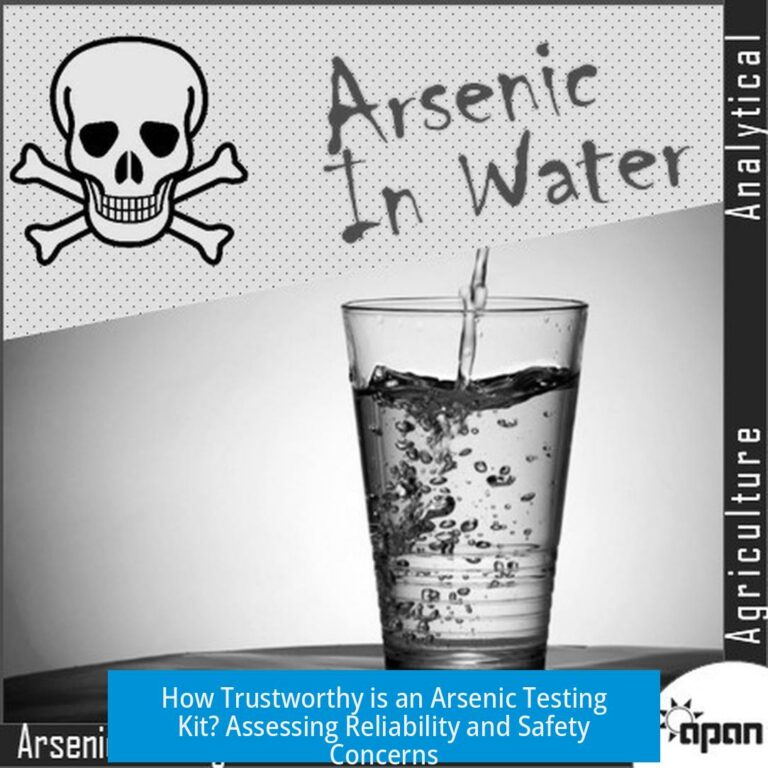
Leave a Comment